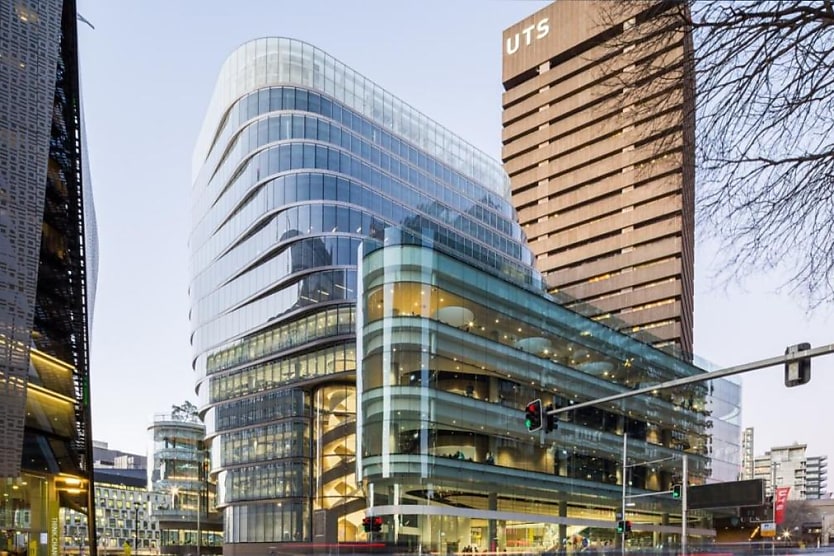
There needs to be a greater focus on addressing the sustainable skills gap, with research revealing the hiring of “green” jobs is rising faster than any other job category.
The University of Technology Sydney (UTS) said the evidence is clear that more is needed to fill the sustainable skills gap.
“The rapidly growing demand for sustainability skills is surpassing the increase in supply,” said UTS Online’s Dr Parvez Mahmud.
“According to LinkedIn’s 2023 Green Skills report, between 2022 and 2023, the proportion of green talent in the workforce increased by a median of 12.3 per cent across the 48 countries examined. In contrast, the share of job postings requiring at least one green skill grew almost twice as fast, with a median increase of 22.4 per cent.”
UTS has recently launched two online master’s degrees aimed at filling the gap.
The newly launched Master of Sustainable Energy adopts a tech-focused approach, driving the commercialisation, adoption, and real-world application of clean energy solutions. Meanwhile, the Master of Sustainable Leadership provides a comprehensive framework for leadership and policy-making within the context of sustainability.
Dr Mahmud, who serves as program director of the Master of Sustainable Energy and Master of Sustainable Leadership, said with carbon emissions and sustainability targets now being urgently adopted by governments and organisations worldwide, education providers have a key role to play in eliminating the “sustainable skills gap”.
“Clearly, there is an urgent need for an increased supply of professionals with sustainable skills to help combat climate change. UTS is actively responding to this demand by offering relevant skills training at the postgraduate level,” he said.
“The Master of Sustainable Energy offers a unique opportunity for engineers, chemists and physicists to transition or advance into the world of energy innovation. The demand for professionals with renewable energy-related skills and science-based sustainability skills will continue to grow significantly to meet renewable energy needs.
“The Master of Sustainable Leadership is specifically designed to address the challenges facing sustainable energies from multiple perspectives. This program will broaden candidates’ career prospects in industry and government positions. Both programs pave the way for professionals to become change-makers in sustainability, tackling the pressing issue of climate change.”
The launch of the new degrees follows recent coverage concerning the nation’s skills shortages.
Earlier this month, Hays reported that 88 per cent of organisations in Australia are experiencing a skills shortage.
Because of an inability to find qualified employees, 78 per cent of employers report that either their normal mode of operation will be affected or their growth plans will be held back.
Of the organisations that are worried about the ability of their business to function under these circumstances, 62 per cent said that productivity would be down, and 63 per cent said that workloads for existing employees would increase.
Over half said that project delivery timelines would be impacted, and 49 per cent said that their expansion plans would be curtailed. A concerningly high number said they were worried about employee engagement and morale (46 per cent) and turnover due to burnout and competition (44 per cent).
On Wednesday (12 July), Minister for Skills and Training Brendan O’Connor confirmed that the Future Skills Organisation (FSO) will be established as the Finance, Technology and Business Jobs and Skills Council (JSC).
The new program has been tasked with developing strategies to help address skills shortages in critical areas such as digital. It’ll also aim to future-proof skills and training for sectors critical to advancing Australia’s economy, identified as the finance, technology and business sectors.









